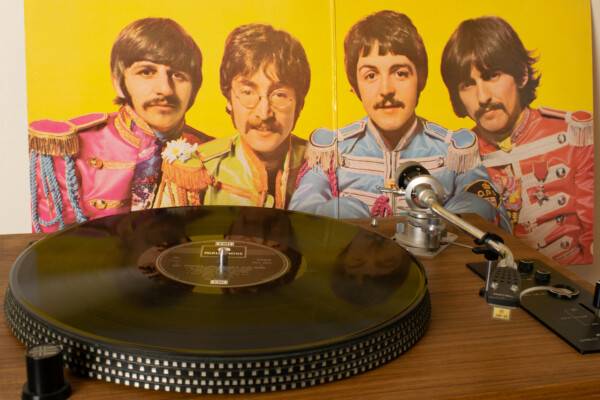
(© Paul - stock.adobe.com)
SUZHOU, China — In a world where many of us spend hours glued to our desks, a new study brings a ray of hope — and it comes in your morning coffee. Researchers have found that drinking coffee may help counteract the increased risk of death associated with sitting all day.
The study, published in BMC Public Health, analyzed data from over 10,000 U.S. adults and found that while sitting for long periods increased the risk of death, regular coffee drinkers seemed to be protected from this effect. This finding opens up exciting possibilities for how we might mitigate the health risks of our increasingly sedentary lives.
Methodology
Researchers from China dove into data from the National Health and Nutrition Examination Survey (NHANES), a program designed to assess the health and nutritional status of adults and children in the United States. They focused on information collected between 2007 and 2018, following participants for up to 13 years.
The study looked at two main factors: how long people sat each day and how much coffee they drank. Participants were grouped based on their daily sitting time (less than 4 hours, 4-6 hours, 6-8 hours, or more than 8 hours) and their coffee consumption (non-drinkers and three levels of consumption for coffee drinkers).
To ensure their results were as accurate as possible, the researchers also considered other factors that could influence mortality risk, such as age, sex, race, education level, income, body mass index, and various health conditions.
Key Results
People who sat for more than eight hours a day had a 46% higher risk of dying from any cause and a 79% higher risk of dying from cardiovascular disease compared to those who sat for less than four hours daily. This confirms previous research showing the dangers of prolonged sitting.
However, here's where things get interesting: coffee drinkers in the highest consumption group (more than 540 grams per day, or about 3-4 cups) had a 33% lower risk of dying from any cause and a 54% lower risk of dying from cardiovascular disease compared to non-coffee drinkers.
The most fascinating finding came when the researchers looked at the combined effects of sitting time and coffee consumption. Non-coffee drinkers who sat for six or more hours per day were 58% more likely to die from any cause than coffee drinkers who sat for less than six hours. Importantly, the increased mortality risk associated with prolonged sitting was only observed in non-coffee drinkers, not in those who consumed coffee.
Study Limitations
As with any study, there are limitations to keep in mind. The researchers relied on self-reported data for sitting time, which may not always be accurate. They also didn't differentiate between different types of coffee (espresso, filtered, etc.) or consider the effects of added sugar or cream.
Additionally, while the study showed a strong association between coffee consumption and reduced mortality risk in people who sit for long periods, it can't prove that coffee directly causes this protective effect. Other factors related to coffee drinking or lifestyle choices of coffee drinkers could play a role.
Discussion and Takeaways
This study adds to a growing body of evidence suggesting that coffee may have protective health effects. The researchers speculate that coffee's anti-inflammatory and antioxidant properties could help counteract the negative impacts of prolonged sitting, which is known to increase inflammation in the body.
However, the study's authors caution that while coffee consumption appears beneficial, it's not a magic bullet. They emphasize the importance of maintaining an active lifestyle and reducing sitting time whenever possible.
The study also highlights the complex interplay between different lifestyle factors in determining our health outcomes. It suggests that future research should consider how various dietary choices might interact with physical activity levels to influence overall health.
For the average person, the takeaway is not necessarily to start drinking more coffee, especially if you're sensitive to caffeine or have been advised against it by your doctor. Instead, this study underscores the importance of being mindful of our daily habits and how they might interact to affect our health.










